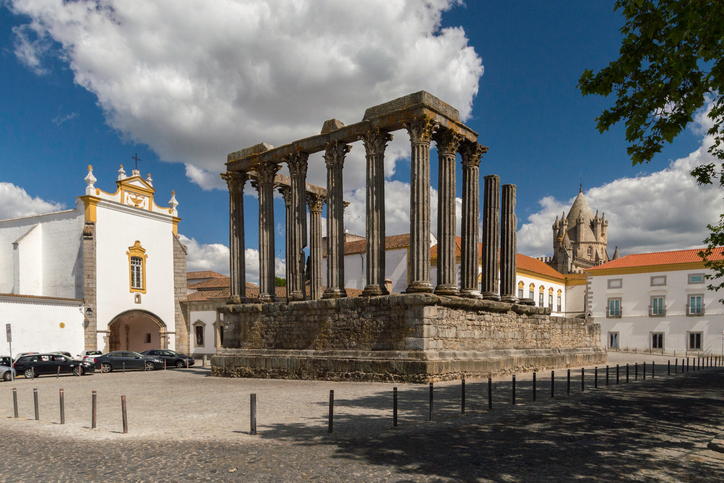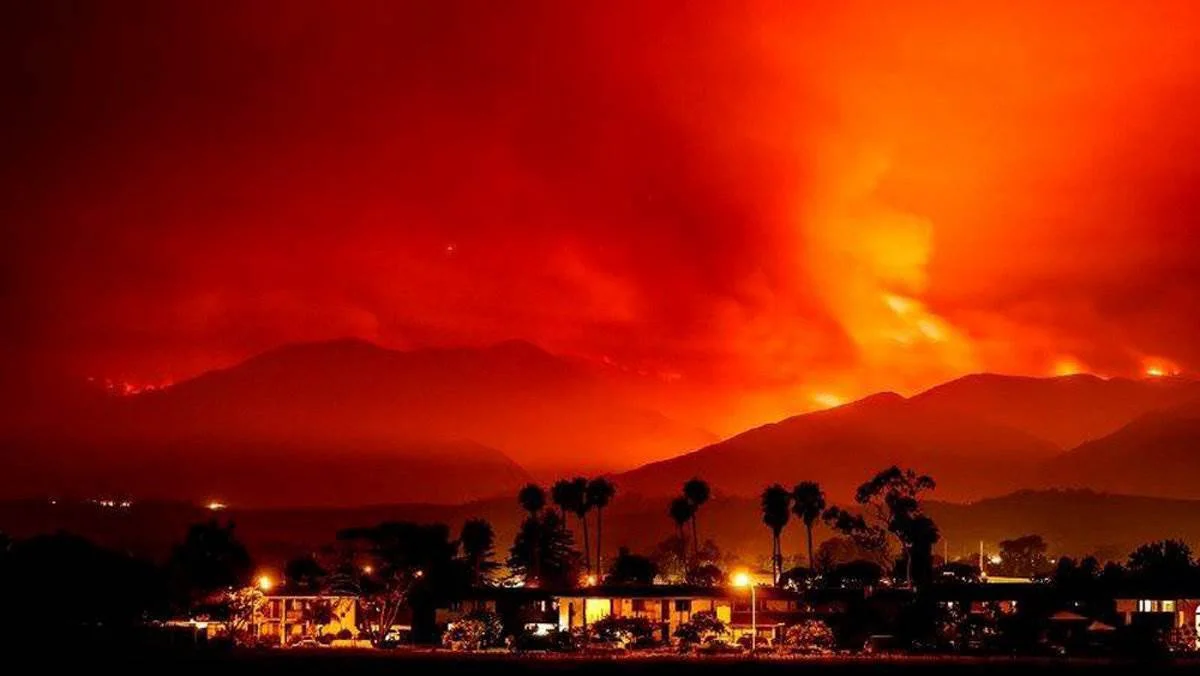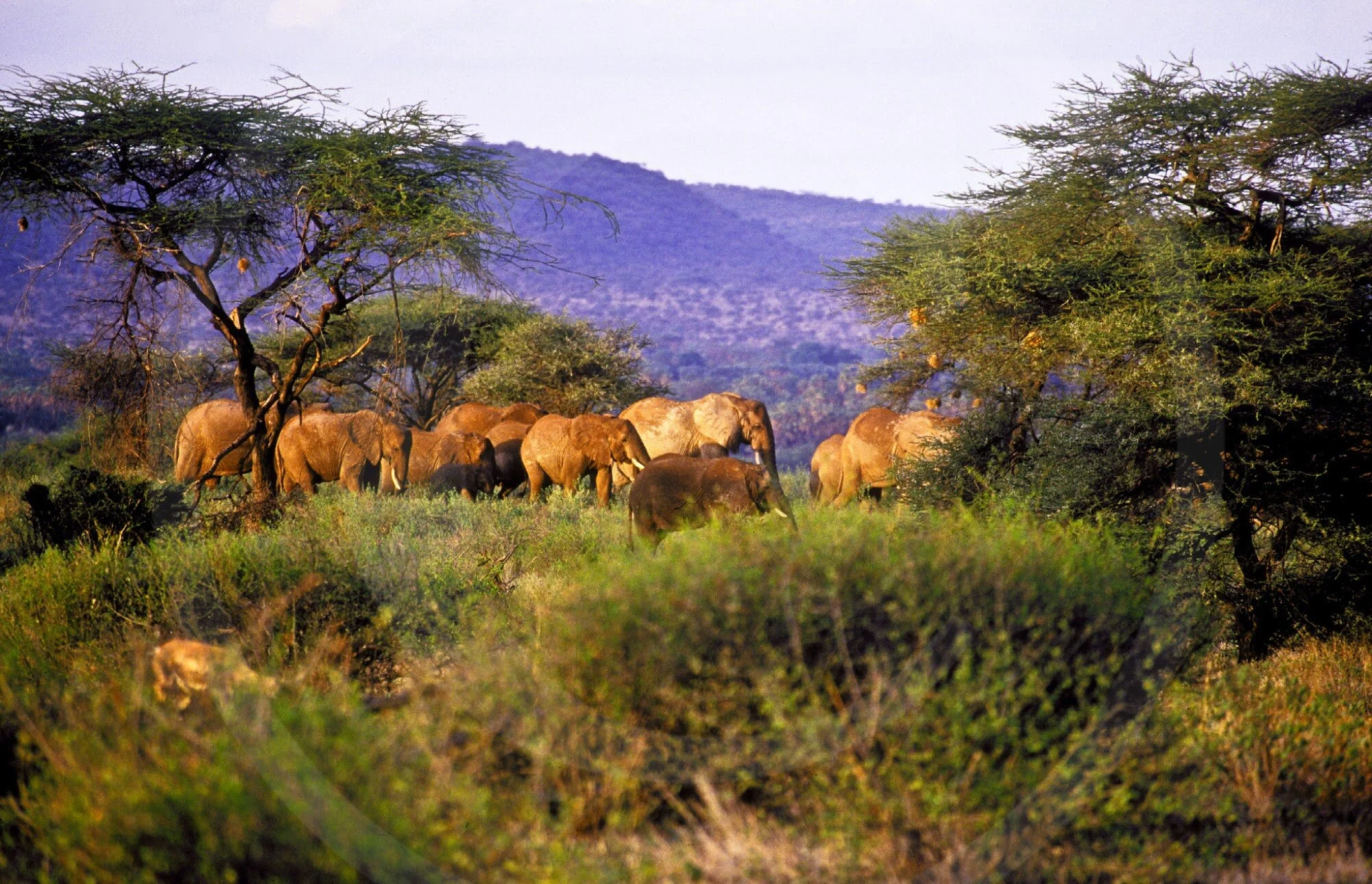Blame It On Travel: Why I still have hope.
In a world that seems to be spinning out of control, I am surprised to find that I am still full of hope. Like everyone else I know, I have moments of disgust and despair, but then, almost miraculously, a ray of light shines through. How does this happen? I blame it on travel. Vaguely and quietly, each time I step away from the news and out into the world, I rediscover hope.
We went to Medellin, Colombia, for six months last fall and everything was modern and hip, a city assertively claiming its future. There were five-story shopping malls with multiplex cinemas and Starbucks, twenty-story condo towers, and well-behaved dogs on leashes. Curvy women dressed in skinny jeans and stilettos drove Vespas and flashy families tumbled out of immaculate SUVs. Caught up in the city’s youthful vibe, I joined a gym, enrolled in Spanish lessons with a 26-year-old tutor, sipped Sangria in sidewalk cafes, and hung out in artisanal coffeehouses. When tourists wanted to know about Pablo Escobar and the cartels, paisas (as locals call themselves) politely steered the conversation away from their turbulent past and toward their award-winning accomplishments. Have you seen our Metro Cables, the public transport gondolas that climb the Andean city’s steep mountainsides? Visited the Botanic Garden? Danced salsa in our nightclubs?
A hair stylist who’d lived in Spain and Israel during the years of war and narco violence and then returned, told me that when the outside world started praising Medellin, locals started to believe it too. My tutor told of a peace campaign where mothers wrote letters to sons ensnared in the guerilla movement inviting them home, no questions asked, and a defense minister who’d hired an ad agency to sell forgiveness instead of war.
I knew there was more to the story: that often hidden behind the politics of peace are broken promises and hearts. Yet, Medellin’s optimism was contagious. It made me feel like anything was possible.
More recently, I was reading a compact book of Portuguese history in a public park in Evora, Portugal, an ancient and picturesque city. The book read like a soap opera — full of envy and pride, betrayal and bigotry and centuries of conspiracy and fraud, manipulation and pettiness, with vengeful mobs seeking heroes to lead them from misery. As I sipped my coffee in the shadow of a Roman temple and read, I thought of a friend who lives in Catalonia and the political and emotional turbulence that she is experiencing there. I thought of the heartbreaking tragedies and treacheries taking place across our planet, the 65 million people displaced by conflict and persecution, and wondered if this will always be the human story.
Just then a tour group entered the park. I watched as they trailed behind their guide, stopping to snap photos and selfies, laughing and chattering. At first glance, they looked like any of the many groups which arrive in Evora each day. But when my eyes lingered on a foursome of women staging photographs of one another, I noticed the way a fiery redhead took charge and how one of the women raised her hands in the air for the camera, the way a gymnast might do when she sticks a landing. It occurred to me that beyond the headlines and history books are an infinite number of individual stories. Stories of compassion and strength, love and generosity, adaptation and growth. Perhaps this is the human story.
The thing is, travel is like aging—it humbles you. It’s difficult to willfully cling to innocence or ignorance in the face of truth. Can you continue to believe that the French are rude and unhelpful when a Provençal shopkeeper abandons his store to show you the way back to your hotel? Is it possible to accept the myth that Mexicans are lazy and unreliable after a Mexican plumber arrives at 3 AM to repair a broken pipe and then refuses payment because you’re a friend of his cousin? Doesn’t a belief in the superiority of your race or religion become problematic once you perceive that what you were taught as a child is as random as the culture and geography of your birth?
Sometimes I think about what it would be like to live in a world where what is accessible to the privileged is accessible to all. Where anyone can live anywhere. Where prejudice and injustice are rendered obsolete. As I age, however, I can see that there’s a really good chance that’s never going to happen. And as terrifying or depressing that thought is, travel has granted me a generosity of spirit which allows me to accept it without diminishing the fortune of my circumstances or power of my actions. I can still love being out in the world, meeting strangers, and learning their stories. Perhaps that is enough.
Ellen Barone is an American writer, web designer, and wanderer. Together with her husband, she is currently enjoying extended travel abroad while she writes her first book, "I Could Live Here."





